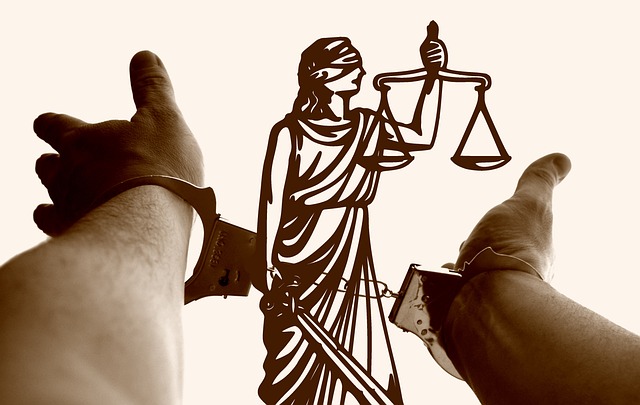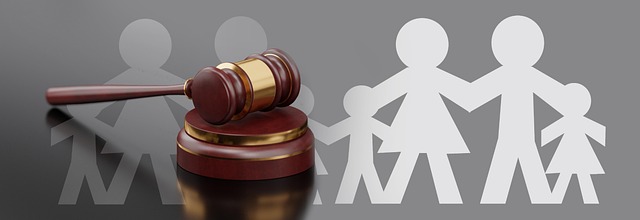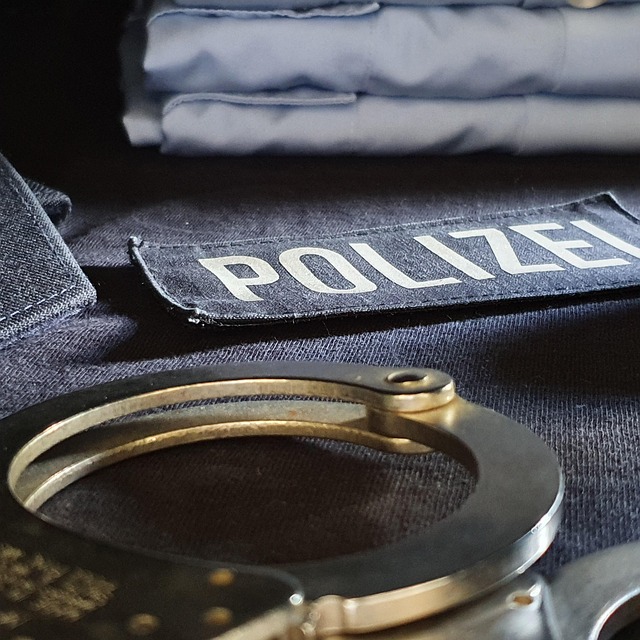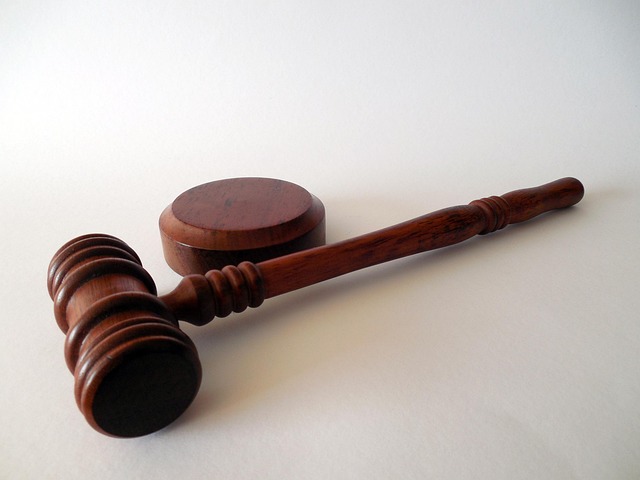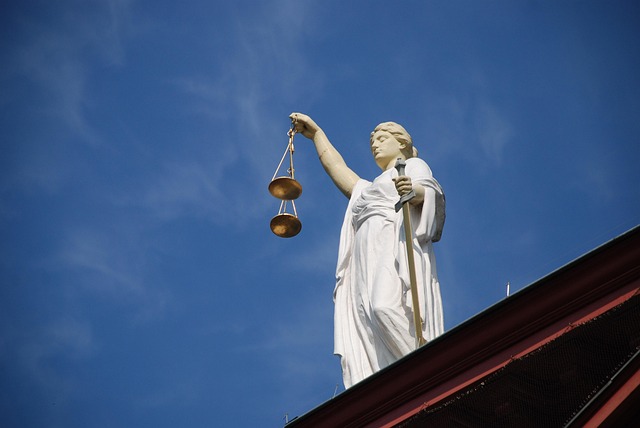C-Level Investigations are meticulous processes that uncover critical evidence like financial records and digital forensics, essential for criminal trials, especially white-collar crimes. Examples of evidence include tangible items, witness statements, surveillance footage, and digital data from devices. These investigations require a deep understanding of legal contexts and a balance between thoroughness and ethical considerations regarding privacy. The presentation of strong evidence is crucial for securing convictions in high-stakes sectors where reputational damage is a concern.
In the intricate world of C-level investigations, uncovering high-profile cases demands a deep understanding of evidence and its impact on criminal trials. This comprehensive guide explores key aspects of C-level inquiries, from the role of evidence to real-world scenarios where these investigations intersect with legal proceedings. Discover how compelling examples of evidence in criminal trials have shaped outcomes and learn from practical insights into this dynamic intersection.
- Understanding C-Level Investigations: Uncovering High-Profile Cases
- The Role of Evidence in Criminal Trials: A Comprehensive Overview
- Key Examples of Evidence That Have Shaped Criminal Proceedings
- Analyzing Real-World Scenarios: When C-Level Investigations Meet Criminal Trials
Understanding C-Level Investigations: Uncovering High-Profile Cases

C-Level Investigations refer to the meticulous and complex process of probing high-profile cases involving top-tier executives and organizations. These investigations often delve into sensitive matters such as white collar and economic crimes, which require a keen eye for detail and an unparalleled level of expertise. The stakes are high, as the consequences can significantly impact the respective business’s reputation and future prospects.
Understanding C-Level Investigations involves recognizing their crucial role in uncovering compelling evidence that may be critical in criminal trials. Examples of evidence in criminal trials range from financial records to digital forensics, each playing a pivotal part in presenting a robust case. An unprecedented track record in successful investigations further underscores the importance and effectiveness of these probes, ensuring justice is served while maintaining integrity in the business landscape.
The Role of Evidence in Criminal Trials: A Comprehensive Overview
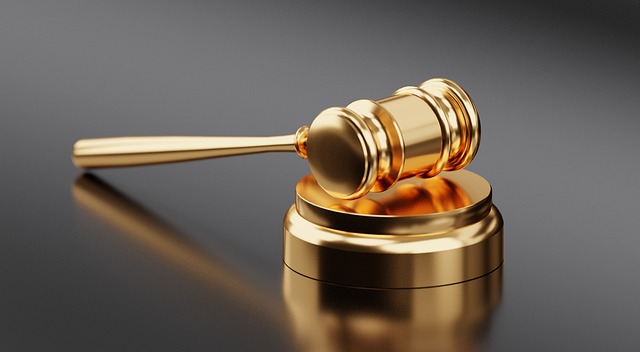
In criminal trials, evidence plays a pivotal role in shaping the outcome of a case. It serves as the foundation upon which prosecutors and defenders build their arguments, aiming to convince a jury or judge of their respective positions. Examples of evidence in criminal trials encompass a wide range of tangible and intangible items that can be presented in court to support or refute claims. These may include physical objects, such as weapons or forensic samples, as well as documentary proof like witness statements, surveillance footage, and digital data from devices.
The presentation of compelling evidence is crucial for a robust general criminal defense strategy. Skilled attorneys utilize these tools to challenge the prosecution’s case, raise reasonable doubts, and ultimately achieve extraordinary results for their clients. By carefully examining and interpreting evidence, legal professionals can navigate complex cases, ensuring a fair and just trial process that respects the rights of both accusers and accused.
Key Examples of Evidence That Have Shaped Criminal Proceedings
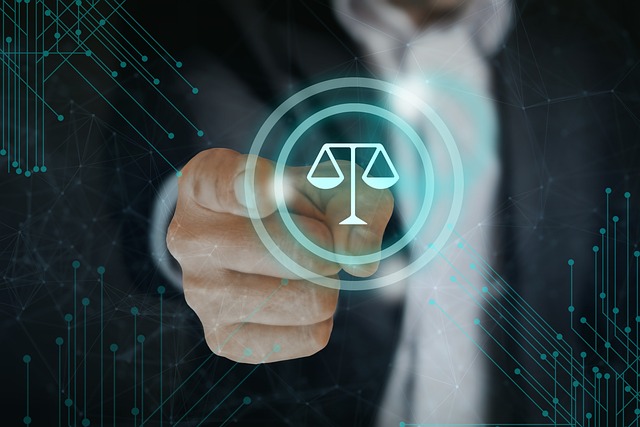
In criminal trials, the presentation of compelling evidence is pivotal for securing convictions, especially in high-stakes cases involving white collar and economic crimes. Key examples that have shaped proceedings include financial records, digital forensics, witness testimonies, and physical evidence. For instance, in many white-collar crimes, detailed financial documentation can reveal illicit transactions and fraudulent activities, serving as robust proof against accused individuals or organizations.
Similarly, digital forensics has played a significant role in prosecuting cybercrimes and online fraud. By examining electronic devices and data trails, investigators can uncover hidden communications, access deleted files, and map out malicious operations, providing concrete evidence to support charges. These examples underscore the importance of gathering and presenting irrefutable evidence, particularly within the complex landscape of philanthropic and political communities where the stakes are high and reputational damage significant.
Analyzing Real-World Scenarios: When C-Level Investigations Meet Criminal Trials
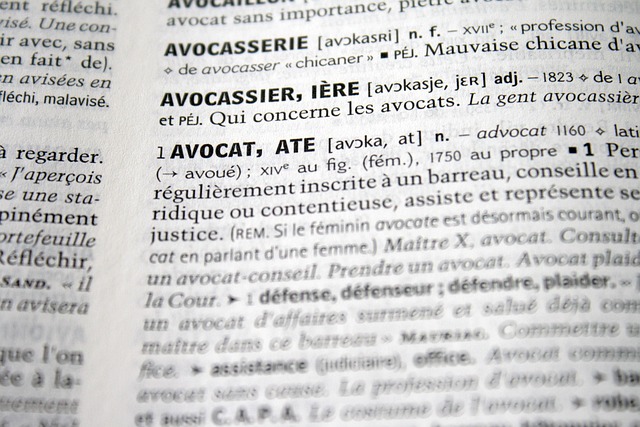
When C-level investigations intersect with criminal trials, it’s crucial to understand how real-world scenarios play out in a legal context. These high-stakes cases often involve complex corporate issues and require meticulous analysis of evidence presented during criminal proceedings. For instance, in financial fraud cases, investigators may uncover digital records, emails, and financial transactions as examples of evidence in criminal trials. This could include detailed logs of suspicious activities or communications that hint at fraudulent practices within a respective business.
Such investigations demand a nuanced approach, balancing the need for thorough fact-finding with the ethical considerations of corporate privacy. The evidence gathered must adhere to strict legal standards and be admissible in court. Understanding the interplay between C-level investigations and criminal trials is vital, especially when it comes to navigating the complexities of high-profile cases that can shape a company’s reputation and future prospects for his clients.
C-Level investigations, delving into high-profile cases, rely heavily on robust evidence. Understanding the role of evidence in criminal trials and analyzing real-world scenarios highlights its pivotal position in shaping outcomes. From key examples of evidence throughout history, it’s evident that meticulous investigation and robust presentation of evidence are indispensable for justice. By exploring these aspects, we gain insights into navigating complex criminal proceedings, ultimately ensuring fairness and accuracy in the legal system.

